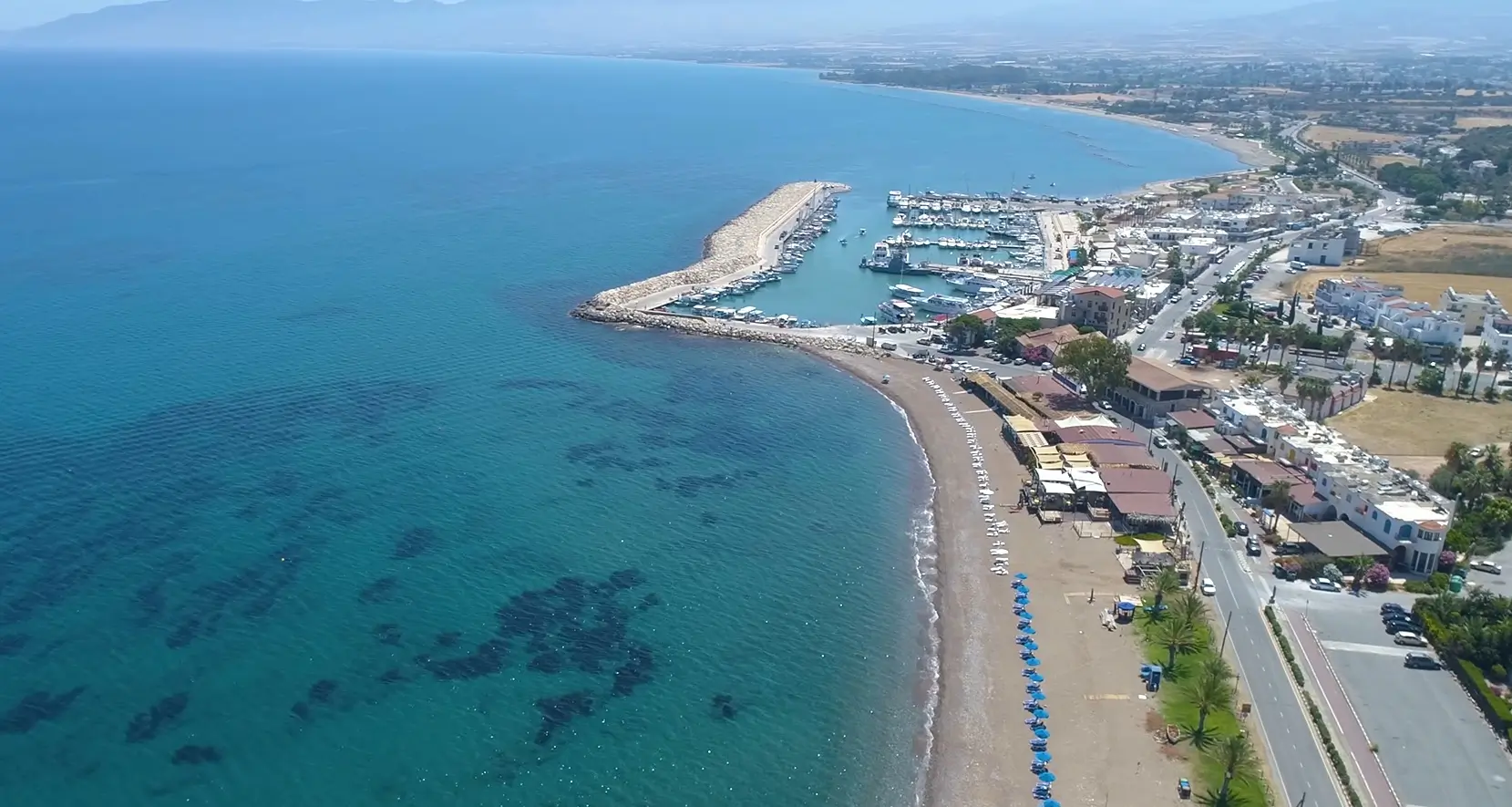Summer campaign reaches 600,000 potential visitors
The Paphos regional tourism board (Etap) this week announced that its coordinated summer campaign to attract domestic tourism, which began in May, will conclude on August 14.
In its statement, the board said that this initiative “formed part of its broader strategy to strengthen tourism activity and increase visits from the domestic market through targeted promotional and advertising actions”.
During the campaign, more than 600,000 potential visitors were reached, while 550,000 users had some degree of interaction with the advertisements.
In addition, the board’s short promotional videos were viewed by over 385,000 social media users.
According to the announcement, the effort highlighted all the comparative advantages of the Paphos region.
The board said that this included its “exceptional beaches, rich natural environment and countryside, cultural and historical heritage, local gastronomy, the authentic experiences offered by the destination, and its wide range of activities and events for all”.
“Despite the completion of the campaign, promotional messages will continue to run for several events taking place in August and September, such as the Opera Festival, music nights and concerts,” the announcement added.
Over the coming period, from September to December, Etap Paphos is expected to launch a new campaign aimed primarily at attracting visitors for short getaways and participation in major events held during that time.
Etap also invited those interested in learning more about what the Paphos region has to offer to visit its official website or its social media pages on facebook and instagram.
Recent developments in Etap’s tourism efforts
Last week, the board’s executive director, Nasos Hadjigeorgiou, said that Paphos faces the same problems as Cyprus’ wider tourism sector, including seasonality, infrastructure gaps and water shortages.
Hadjigeorgiou said that visitor demand remains concentrated in the summer months, with November to March seeing “low traffic”.
He also explained that Etap’s goal is to keep 17,000 of the district’s 29,000 hotel beds open year-round, up from about 11,000 today.
Moreover, Hadjigeorgiou pointed out that accessibility remains an issue despite progress. He stressed that more flights are needed from Germany, the Nordic countries, and Middle Eastern countries such as Egypt and Lebanon, while road links between airports, urban centres and rural communities require improvement.
He mentioned that Paphos airport still struggles to handle passenger flows at peak times, although ongoing expansion works are expected to ease congestion.
Other delayed projects, including the Yeroskipou swimming pool, sports training areas, and the Paphos marina at Potima, should be completed faster to attract visitors and investors, he added.
Meanwhile, water shortages are a growing concern, with prolonged dry periods and what he described as a lack of state action putting pressure on supply during the tourist season.
This has affected both households and irrigation, pushing up water costs and agricultural prices.
Hadjigeorgiou also highlighted the depopulation of rural areas, calling for programmes to draw young people back to the countryside, support existing residents with housing and jobs, and promote rural areas as a “green backbone” of tourism.
He pointed to ageing hotel and urban infrastructure, particularly in the hinterland, as a drag on quality, urging incentives for renovations, energy upgrades, installation of photovoltaics and the preservation of traditional buildings for tourism use.
This, he said, should be coupled with support for small family-run units and investment in cultural and leisure facilities.
Hadjigeorgiou said that dependence on the traditional sun-and-sea model and a narrow base of markets had left Paphos exposed, and that the region is now investing in alternative forms of tourism such as sports and cultural experiences, supported by targeted campaigns and digital tools to attract independent travellers.
He added that labour shortages persist, with a lack of qualified staff and difficulties attracting workers from third countries.
In mid-summer, the board called for a revision of local bus timetables following the completion of its first free community excursion programme to the Akamas region, which aimed to highlight points of interest and encourage visits to lesser-known villages.
In a statement issued after the final trip had concluded, the board said that “the results of the initiative were clear”.
“If the departure times are changed, as the board has repeatedly suggested, then we will see an increase in visits to various communities, along with all the positive consequences that entails,” it said.
Meanwhile, earlier this year, the board announced that it was boosting its promotional efforts in Poland as part of its 2025 action plan.
It explained that the Polish market has become a top priority, with arrivals from Poland to Cyprus exceeding 335,000 in 2024, marking a 20 per cent increase from 2023, and that Paphos attracts nearly half of these visitors.






Click here to change your cookie preferences